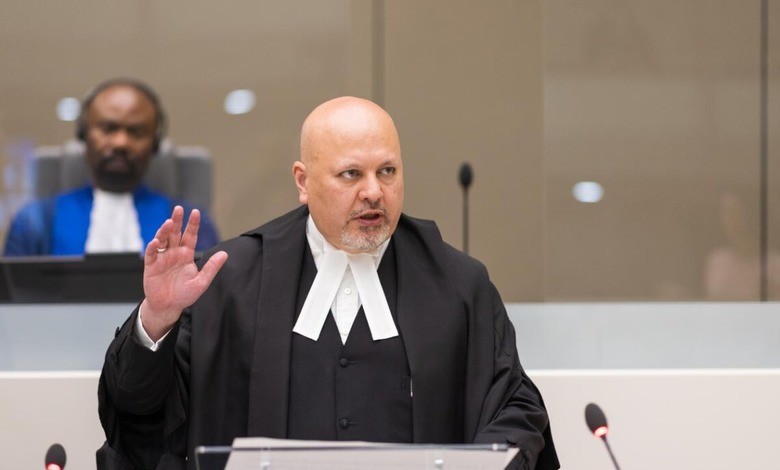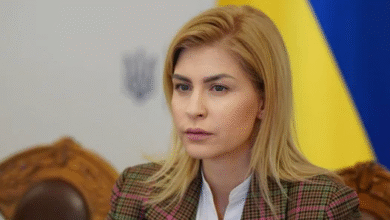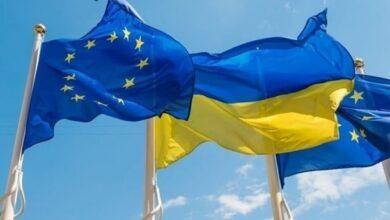The prosecutor of the ICC responded to Mongolia’s decision not to execute the warrant for Putin’s arrest

The chief prosecutor of the International Criminal Court (ICC), Karim Khan, commented on Mongolia’s refusal to arrest Russian President Vladimir Putin during his official visit to the country. He emphasized that the Rome Statute provides for special mechanisms to resolve such situations when the state does not fulfill its obligations before the court. About this Karim Khan stated in response to a question from a correspondent of RBC-Ukraine.
“As for Mongolia, it is public information that Putin was there. There is a special procedure in the Rome Statute for dealing with such cases when the state did not cooperate with the court. Accordingly, it is all controlled by the judges. I will not comment further. But the judges are aware of this. We know what happened”, – explained Karim Khan.
The prosecutor also explained that in cases where states ignore an arrest warrant, a meeting of all the states party to the Rome Statute is usually held, which together decide on further actions.
Prosecutor General of Ukraine Andriy Kostin also made a statement on this matter. He emphasized that Ukraine, together with its partners, is working to ensure that countries that refuse to cooperate with the ISS feel the corresponding consequences.
Putin’s visit to Mongolia
On September 2, Russian President Vladimir Putin arrived in Mongolia at the invitation of the country’s President Ukhnagyin Hurelsukh. The visit was the first time Putin visited a country that had ratified the Rome Statute. Despite Mongolia’s obligation to arrest the Russian president in accordance with international law, this did not happen. The authorities of Mongolia explained the refusal by the fact that the country depends on the supply of Russian energy carriers.
The Ukrainian side, in particular President Volodymyr Zelenskyi, reacted to this incident by saying that Mongolia “respects the murderer more than international law” and will face consequences for its refusal to comply with the ICC decision.





